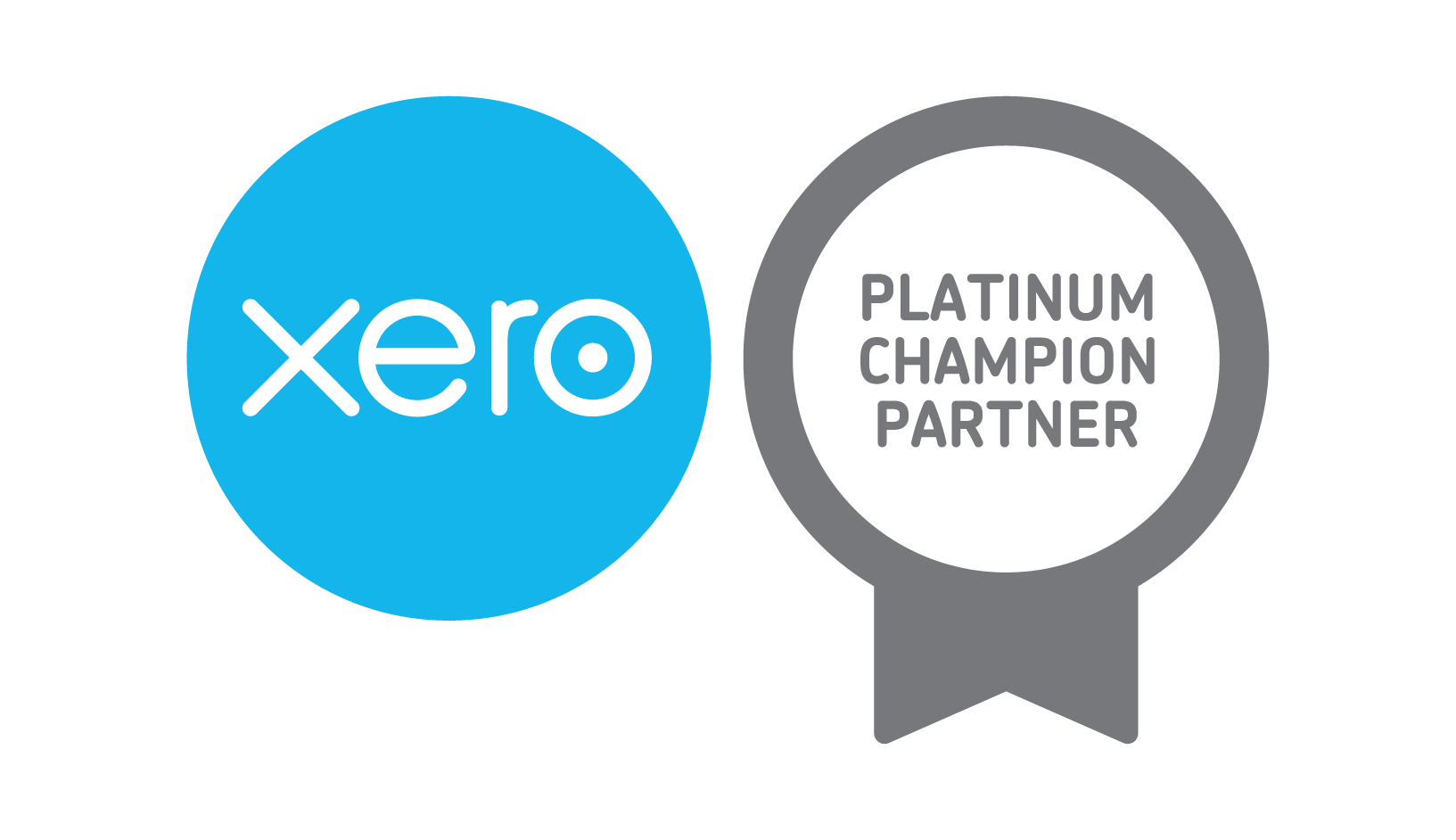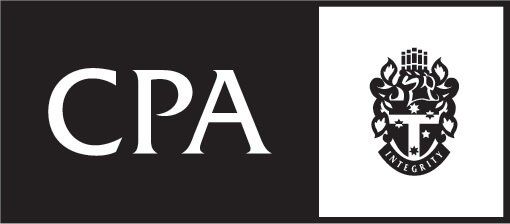By Inzi Pethiyagoda
•
June 13, 2025
Time for Tax Planning The month of June is ideal for business owners and taxpayers to take some time to look at tax minimisation strategies, consider legislative changes and requirements, ensure compliance and review your financial position and aspirations. With ever changing legislative requirements, take some time to make sure your compliance obligations are fulfilled. This will allow you to steer clear of expensive penalties and also put you in an optimum position if you need to borrow funds. Reviewing your superannuation and making voluntary contributions, may achieve substantial tax savings, but you need a carefully prepared strategy. Employers may pay superannuation guarantee obligations early to take advantage of the deduction during the current financial year. Instant asset write-off may assist with business assets. Key areas for small and medium entities are: Trust distributions Dividends from private companies Super contributions Tax governance PAYG instalments STP requirements TPAR requirements Pensions and TBAR events A meeting with your accountant in June for a tax planning session may add value to your overall financial position and minimise tax. Please contact us if you wish to discuss this further. Getting ready for business These are the 'top 7 things' taxpayers need to know when starting a business. Use digital tools and maintain accurate records to help them manage daily activities and cash flow. There are some registrations you will need to complete when you start a business (for example, registering for an ABN or a business name). You can claim a tax deduction for most business expenses if the expense is directly related to earning income. Remember to keep records and only claim the business portion of mixed-use expenses. The type of business structure will affect the tax and registration requirements, so you need to choose the right business structure and understand its obligations. If you are an employer, you have extra responsibilities and obligations (e.g., super guarantee and Single Touch Payroll). You need to lodge and pay your taxes on time. You can prepay their estimated income tax liability through PAYG instalments. Businesses that maintain accurate records, lodge and pay on time and avoid errors not only steer clear of penalties and general interest charges but also become more resilient when facing challenges. Taxi service and ride-sourcing providers must be registered Taxpayers that provide taxi, limousine or ride-sourcing services must register for GST regardless of their turnover. They must collect and pay GST and income tax on all their rides and all other business income. The ATO is advising drivers in this industry who do not have a TFN, ABN or GST registration that they need to register now and collect, report and pay GST on all their future rides. They also need to report all their income from their rides in their next tax return. Penalties and interest may apply to drivers who do not register for GST. Drivers who have not declared all their income for ride-sourcing in prior years can amend a previous tax return. Partial release from tax debt on serious hardship grounds In a recent decision, the Administrative Review Tribunal held that a taxpayer should be released from payment of part of his tax debt on the grounds of serious hardship. As at the 2022 income year, the taxpayer had an accumulated tax debt of approximately $528,000, comprising income tax, late lodgment penalties, PAYG instalments, and the general interest charges on the PAYG and unpaid income tax. Much of the taxpayer's tax debt had arisen as a result of the taxpayer deriving income protection insurance payments from his insurer. These payments had been made since around 2002, and arose from a serious injury the taxpayer had suffered in a fire at his restaurant business. The ART noted that there were a number of factors which weighed against the taxpayer, including his failure to make payments to meet the tax debt and his 'extremely poor' tax compliance history. However, the ART decided that some relief was justified, given the extent of hardship, concerns about the taxpayer's health, and recoverability time for the tax debt. The ART accordingly reduced the total tax debt (including penalties) to $250,000. $20,000 instant asset write-off for 2024/25 Taxpayers who have purchased or are purchasing a business asset this financial year should remember that the instant asset write-off limit is $20,000 for the 2025 income year. If a taxpayer's business has an aggregated annual turnover of less than $10 million and they use the simplified depreciation rules, they may be able to use the instant asset write-off to immediately deduct the business part of the cost of eligible assets, as follows. The full cost of eligible depreciating assets costing less than $20,000 that are first used or installed ready for use for a taxable purpose between 1 July 2024 and 30 June 2025. New and second-hand assets can qualify, although some exclusions and limits apply. If the taxpayer claimed an immediate deduction for an asset's cost under the simplified depreciation rules in an earlier income year, they can also immediately claim a deduction the first time they incur a cost to improve that asset if it is incurred between 1 July 2024 and 30 June 2025 and less than $20,000. The $20,000 limit applies on a per-asset basis, so taxpayers can instantly write off multiple assets as long as the cost of each asset is less than the limit. The usual rules for claiming deductions still apply. Taxpayers can only claim the business part of the expense, and they must have records to prove it. The information provided in this update is general in nature, and if you have any queries or require further information or assistance with the above, please contact our office.













